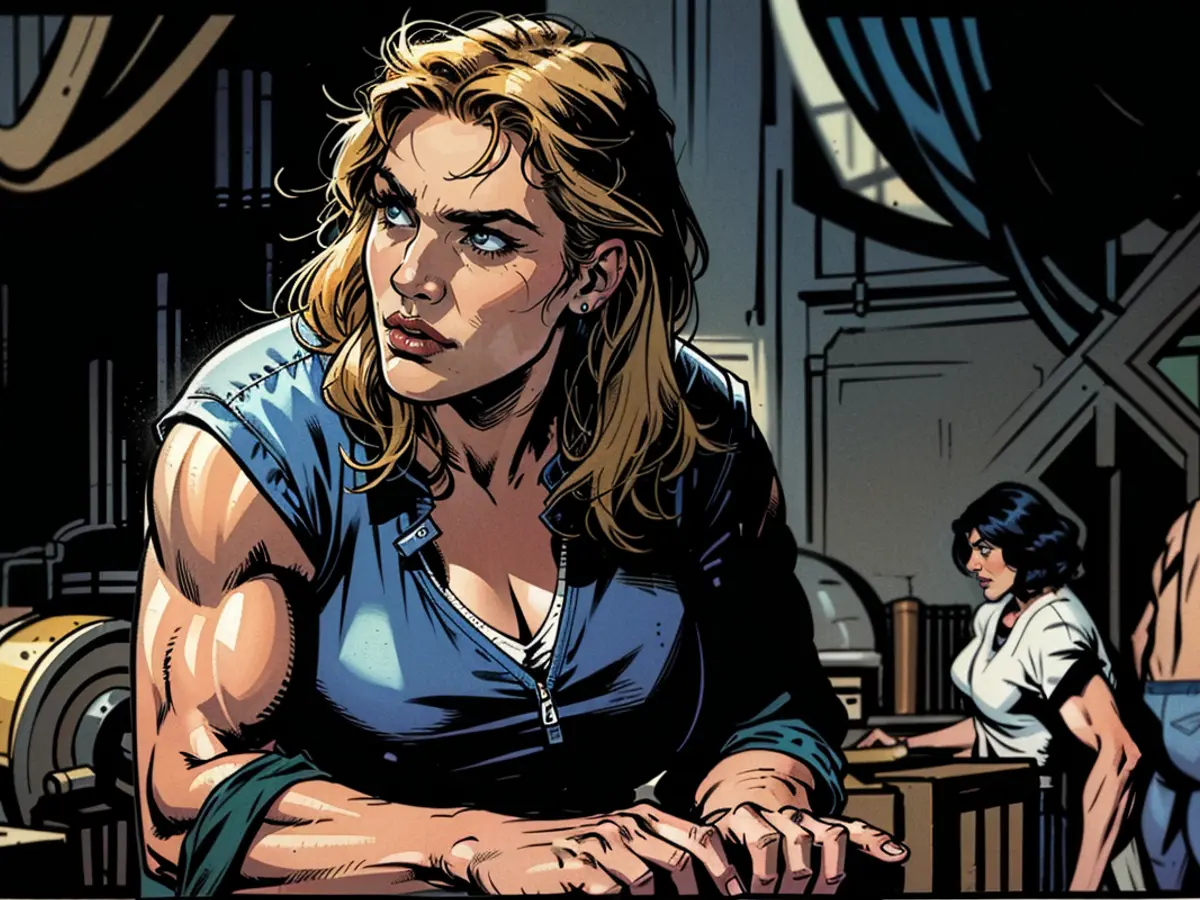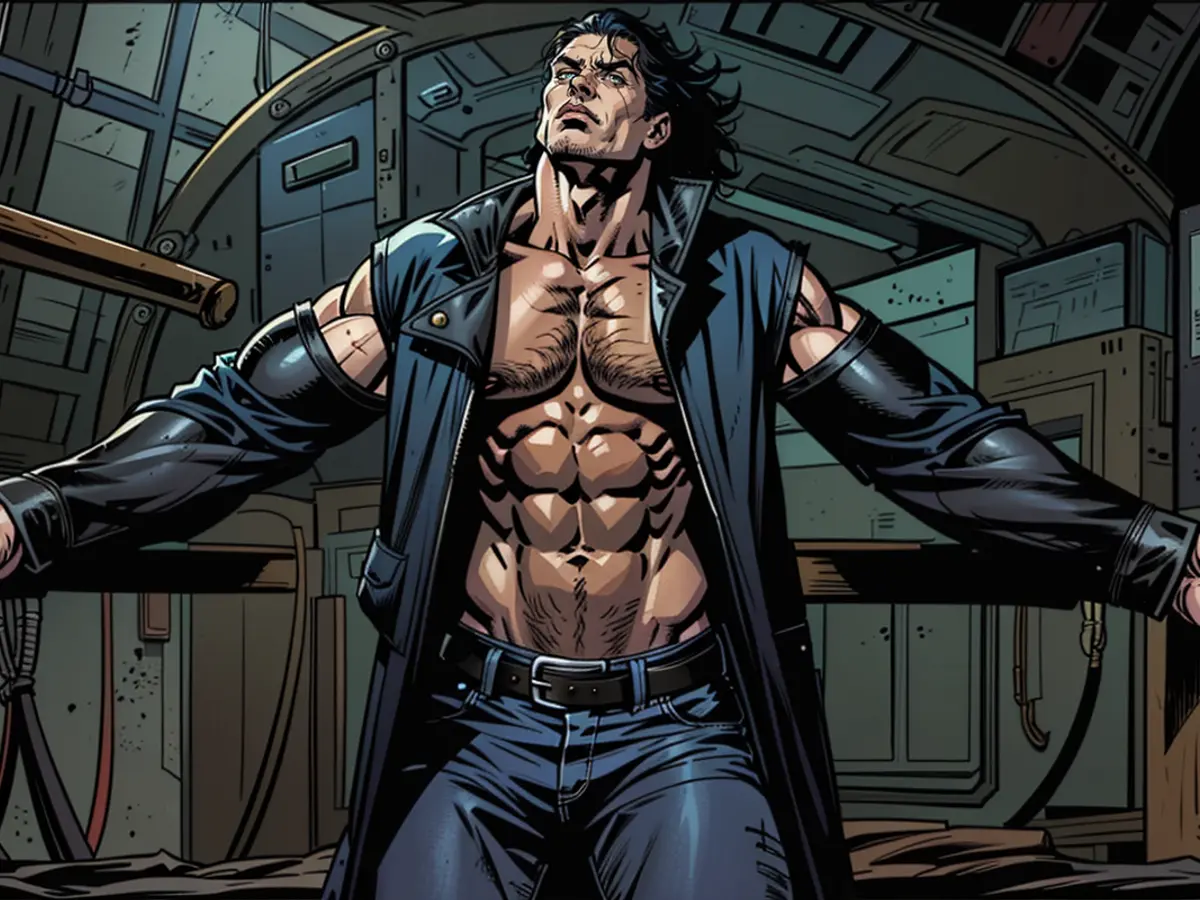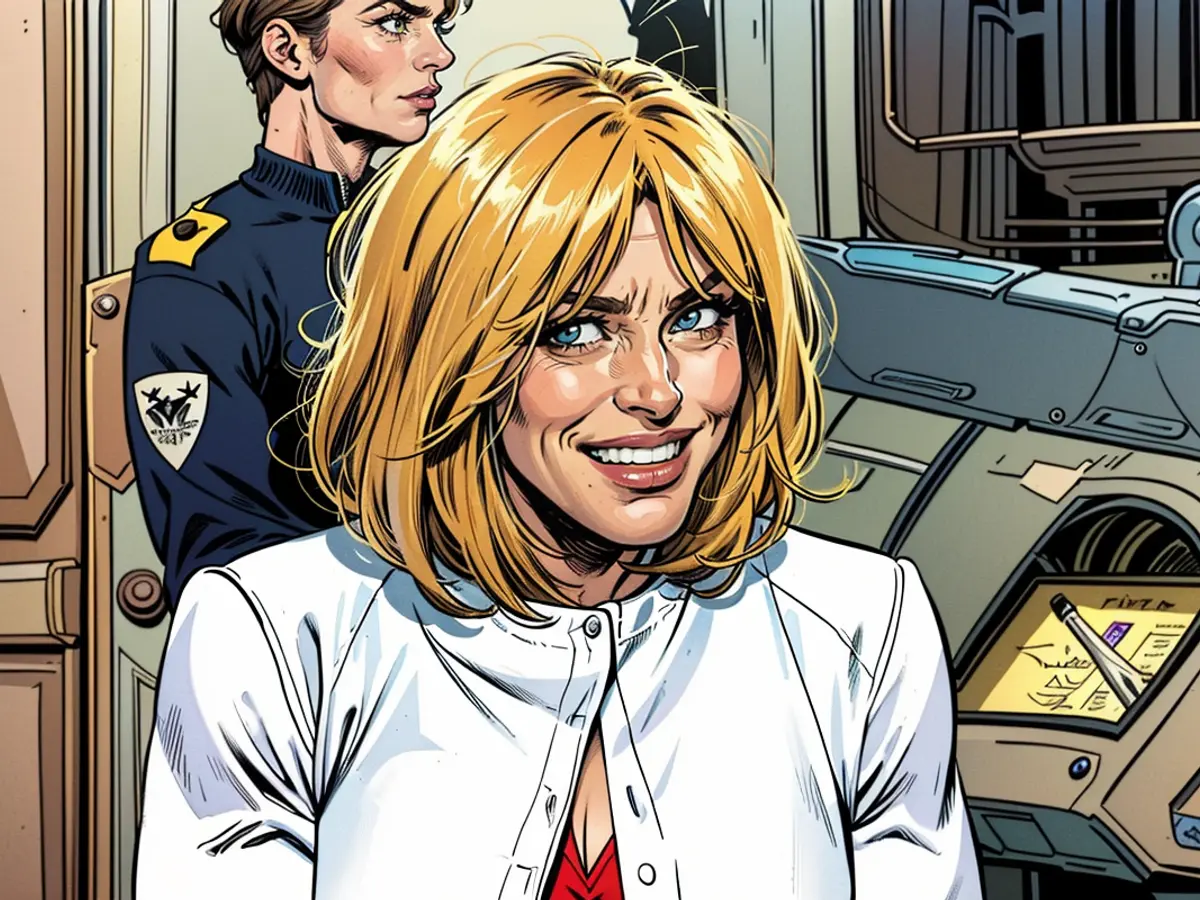- Western "The Dead Don't Hurt": Women against the gun masochists
Viggo Mortensen is an actor, musician, screenwriter, and since 2020, also a director - preferring to do everything at once. Following his directorial debut "Falling", his latest magnum opus, "The Dead Don't Hurt", is now in cinemas.
In "The Dead Don't Hurt", the "Lord of the Rings" star Viggo Mortensen plays Danish immigrant Holger, who falls in love with the mysterious Vivienne Le Coudy just before the outbreak of the American Civil War.
Vicky Krieps delivers a standout performance
The film is set in 1860 and is ostensibly a Western, but at its core, it's about a strong woman navigating a male-dominated world, masterfully played by Vicky Krieps ("Corsage").
Strong themes of the film include solitude, restraint, and longing for love - without self-sacrifice. Just as Vivienne begins a relationship with Holger, albeit cautiously, he makes a fateful decision: he joins the Civil War. Vivienne stays behind, angry and disappointed. Left to her own devices, she must defend herself against men who believe in the right of the strong and aren't afraid to use violence or lies.
Mortensen takes his time
Mortensen, who also wrote the screenplay, tells the story empathetically, stirringly, and with many poetic moments. He takes his time developing the narrative and giving depth to the characters. Both Holger and Vivienne carry secrets and old wounds that we want to explore.
But the other characters are also intriguing, like the villain Weston Jeffries, convincingly played by Solly McLeod. He's the son of the richest man in town and feels like the uncrowned king. Drinking, fighting, shooting people - he believes he can get away with anything. When Holger disappears, he sets his sights on Vivienne. He wants her, by any means necessary.
McLeod plays him as a macho with a vulnerable core. It's a complex role for the 24-year-old, but he nails it. A scene where Weston is put in his place by his father helped him connect with the character. "You see that Weston shows a certain vulnerability or weakness, and he's not just the strongest anymore, that really helped me," says the young actor.
Carefully crafted roles
Even smaller roles, like the piano player in the saloon who's too good for the place, are meticulously crafted by Mortensen. "You could make a whole movie about Claudio," he says. "He's too good a pianist to be playing that old piano in this saloon for so long." Was it love? He does have a wife and daughter, and his family becomes an important support for Vivienne.
In the end, "The Dead Don't Hurt" is a complex tapestry of stories about dreams, hopes, disappointments, fears, injuries, power hunger, and joy in cruelty. Nothing is guaranteed, the film tells us. Peace, love, and happiness must be earned, and not everyone gets a happy ending, not even Holger.
The film's score is composed by Mortensen himself.
The film, predominantly shot in Durango, Mexico, finds poetic words and striking images for its very human story. The music, mostly composed and played by Mortensen on the piano, is also beautifully done, inspired by the time period.
Mortensen reports that the music was created long before filming began. He would play it on set for the actors during specific scenes to convey the mood he wanted. "I wanted the music to feel like part of the story, not distracting from it," he says.
One might draw parallels to today, such as the men's relationship with their weapons or the power-hungry characters using lies and intrigue. However, Mortensen insists this was not his intention. "As a director, I don't need to say I want to convey a message. I'm just trying to tell a story," he explains.
"But if you tell a story well, with good actors who make you believe their characters are real people with real problems, disagreements, conflicts, and obstacles, then of course you'll compare them to your own time."
In the heart of their blossoming relationship, Holger confides to Vivienne, "I love you," expressing his deep feelings before joining the Civil War. Despite his absence, Vivienne remains resilient, declaring, "I love you too, and I will survive this."







